Pillar Organizes a Virtual Dialogue on the International Day of Social Justice
Pillar Media- London
Pillar Centre for Conflict Resolution and International Arbitration held a virtual dialogue on the International Day of Social Justice, with the participation of several countries, including the United States of America, Russia and Turkey, and hundreds of academics and public figures.
The moderator of the dialogue, Dr. Ahmed Al-Tamimi from the United States of America reviewed the importance of this global occasion in order to intensify and devote efforts to achieve this great goal to reach a more secure, just and peaceful world. The session was opened with the Russian psychological expert, Elena Kizimina, who praised the organization of this important dialogue and this anniversary, which means a lot to societies and countries in the context of stability and security, especially in the current days. She shed light through her participation and answers on several issues, the most important of which are: the impact of wars on society’s desire to improve social justice in addition to the consequences of being discriminated against. She also spoke about the psychological effects of the absence of social justice and its repercussions on adherence to laws and beliefs.
While the American expert Joe Chadburn, who in turn shed light on the barriers and obstacles that prevent achieving better results for social justice, and the role of globalization and social media in advancing social justice. He also talked about the efforts of the civil rights movement in the United States and the steps and changes that occurred because of their efforts. In addition to the responsibility of major countries in advancing social justice and the role of promoting social justice more through non-profit organizations and religious institutions.
In turn, documentary filmmaker Mary Davis spoke about the role of the film industry in promoting social justice, and confirmed that her current work is the search for truth, which included highlighting General Wesley Clark’s statements that the United States was planning to “control seven countries in five years.” And that the idea and causes of wars were artificial. She also talked about the effects of these wars on social justice.
The conclusion of the dialogue session was with the American specialist in justice and peace, Mercy Aiken, who works for Christians for Peace in the Middle East, who spoke about being a follower of Jesuit teachings since its inception, and about the role of promoting social justice on the shoulders of religious institutions and people of religion, which had a great impact. awareness of the term justice. She also spoke about the reason for the great absence of social justice and its dangerous negative repercussions. And that the world is moving now towards the right road where women and children now start to obtain their rights better than 70 years ago.
The dialogue was concluded with an open and direct discussion with the meeting’s guests. Questions were directed by the participating academics from many Arab and foreign universities who pointed out the great contradiction in the general behaviour of major countries and international organizations between slogans, laws and international norms and between applying on the ground and the duplicity of these countries in dealing with the international laws. Worth to mention that the Pillar Centre for Conflict Resolution pays great attention to issues of social justice and its globalization in order to achieve the slogan of: Towards a More Just, Secure and Peaceful World, besides to launching an international campaign and initiative with wide academic participation at the beginning of this February.

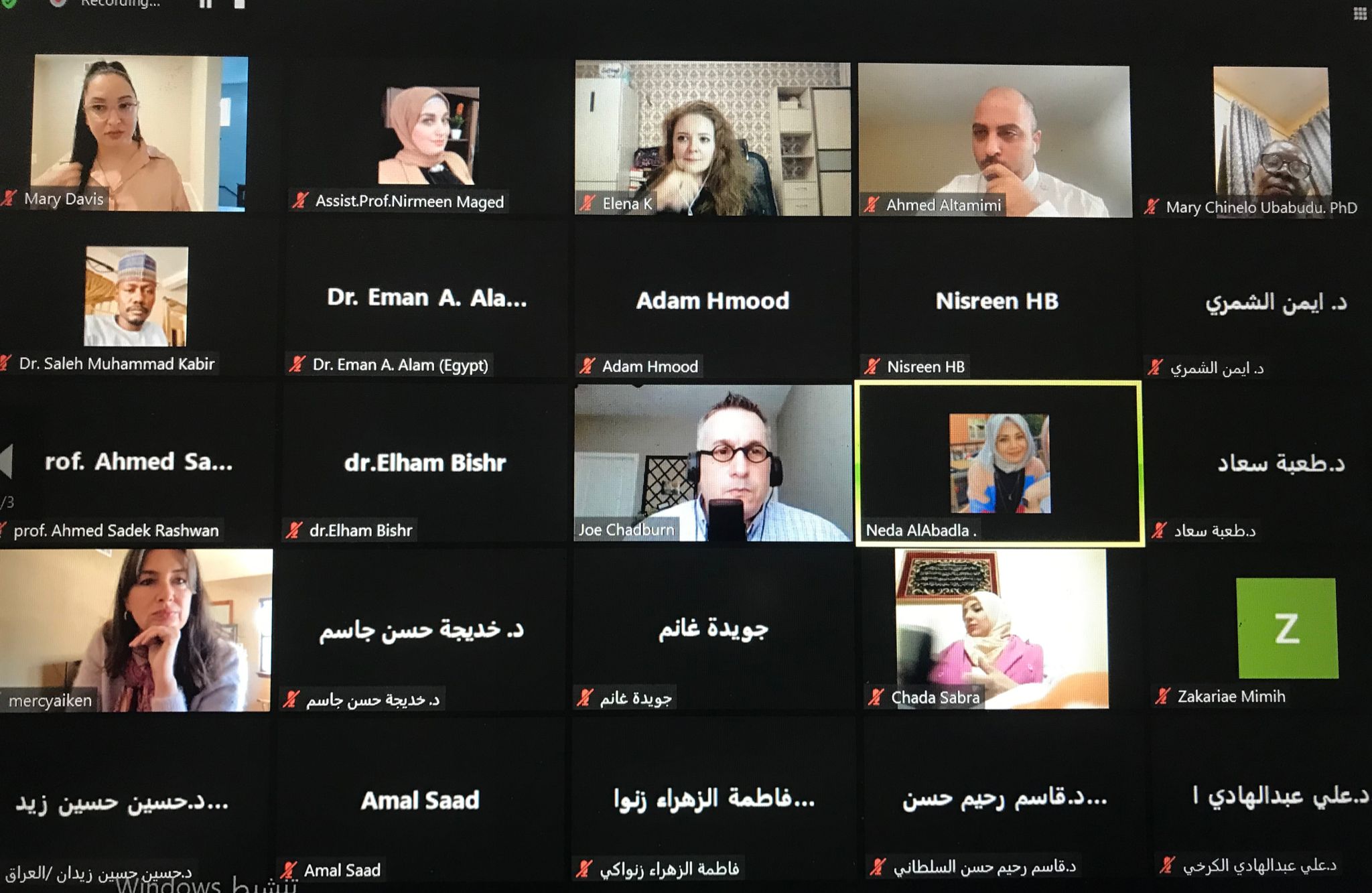



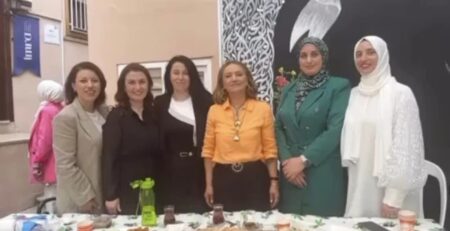
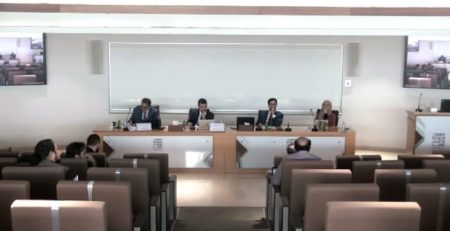

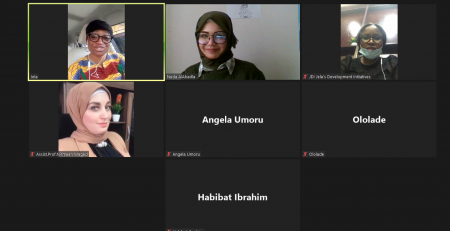
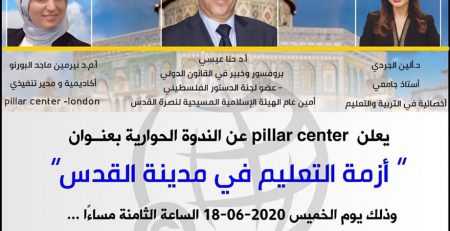

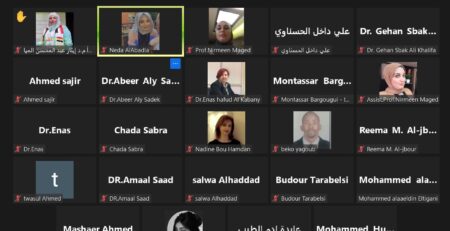
Leave a Reply